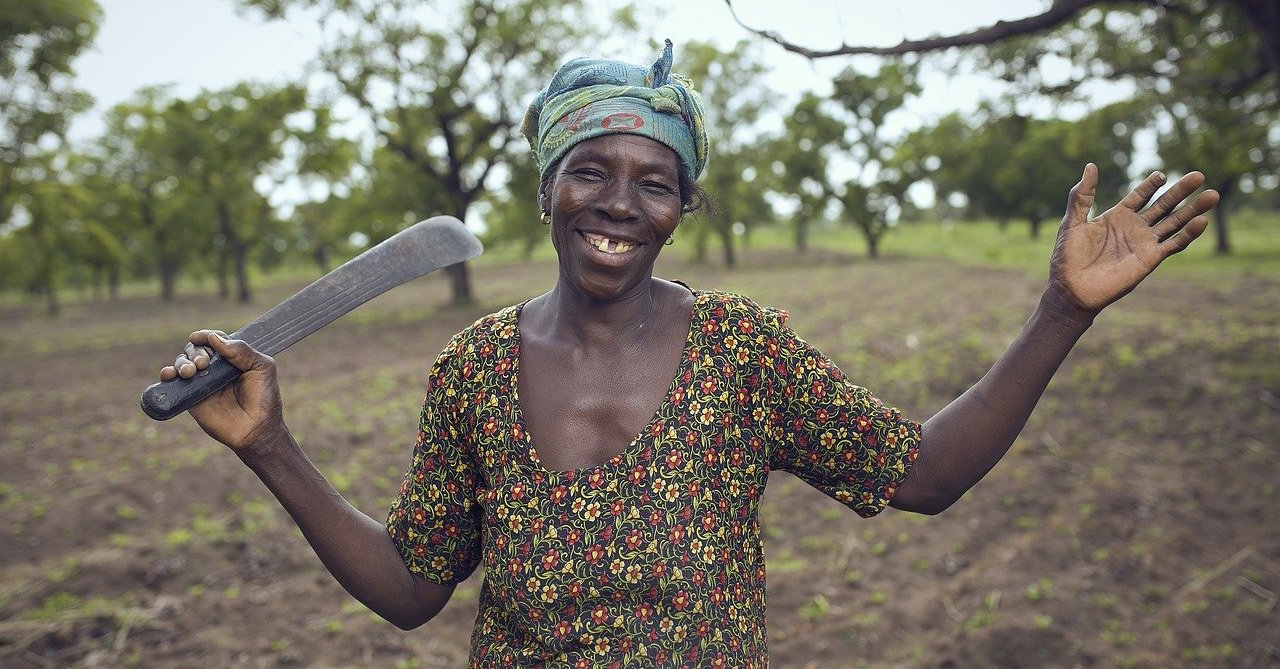|
|
|
Dear reader,
The series ‘A World With Drugs: Legal Regulation from a Development Lens’ officially started two months ago. We have had five successful sessions on a variety of issues, from cultural rights, trade justice, to taxation policies – all of which serve as highly important elements of drug policy in general, and of legal regulation in particular.
These discussions have once again shown that if legal regulation is not designed and implemented with principles of social justice, public health, development and human rights at its core, then a post-prohibition world is likely to replicate the same levels of exploitation and inequality that have become the norm under years of prohibition. More importantly, policy reform should always be designed and implemented with the meaningful participation of local communities, as highlighted by some our colleagues who spoke at these webinars, including Angelo of the Pekhon Farmers Network, Zaw Htet Aung of Land in Our Hands, Junior ‘Spirit’ Cottle of the Cannabis Revival Committee in SVG, and many others (tni.org/world-with-drugs).
TNI is delighted to be part of this initiative together with seven other drug policy reform and development organisations, and we are excited to invite you to the next session taking place on Wednesday 18 November.
Sustainable Livelihoods and Legal Regulation (Webinar session 6 of A World With Drugs)
 Credit: Pixabay/pochogh Credit: Pixabay/pochogh
In this webinar, we will explore how people across the global South engage in the drugs trade throughout the supply chain, and the impact of current prohibition policies on people’s ability to earn a living. Our speakers, including TNI’s Pien Metaal, will explore how the drugs trade can provide sustainable livelihoods for impacted communities, including through transitioning to legally regulated drug crop products.
|
|
|
|
| |
| Other activities on drug policy |
|
Following a regional workshop, and many consultations and meetings, the Fair(er) Trade Cannabis Working Group presented its position paper to all CARICOM member states to urge for inclusive business models, well-designed laws, and fair(er) trade options for small-scale traditional cannabis farmers in the emerging legal cannabis industry. The paper follows up on recommendations made by a CARICOM commission in 2018 and suggests sustainable and realistic policies to be coordinated as a region, while becoming more proactive in the international drug policy arena.
Read the paper and find the video here.
The UN drug scheduling system covers over 300 substances. It is a highly complex system of categorisation and control mechanisms guided by institutional mandates found under the UN drug control conventions. In about one month’s time, the ways this system controls cannabis and cannabis-related substances might change, but it all depends on how CND member states vote on the WHO’s recommendations on rescheduling these substances. This snapshot page contains all the most important resources on this subject, including summaries, detailed arguments around the WHO’s scientific assessment, pharmaceutical preparations and traditional medicine, and matters relating to potentially regressive voting outcomes.
|
|
|
|
|
|
|
|
|
|
|
Formed in 1996, the TNI Drugs & Democracy programme explores the underlying causes of drug production and consumption and advocates for evidence-based policies that respect the human rights of producers and consumers.
Missed our previous newsletters? Revisit them here. |
|
|
|
| |
|
|
| |